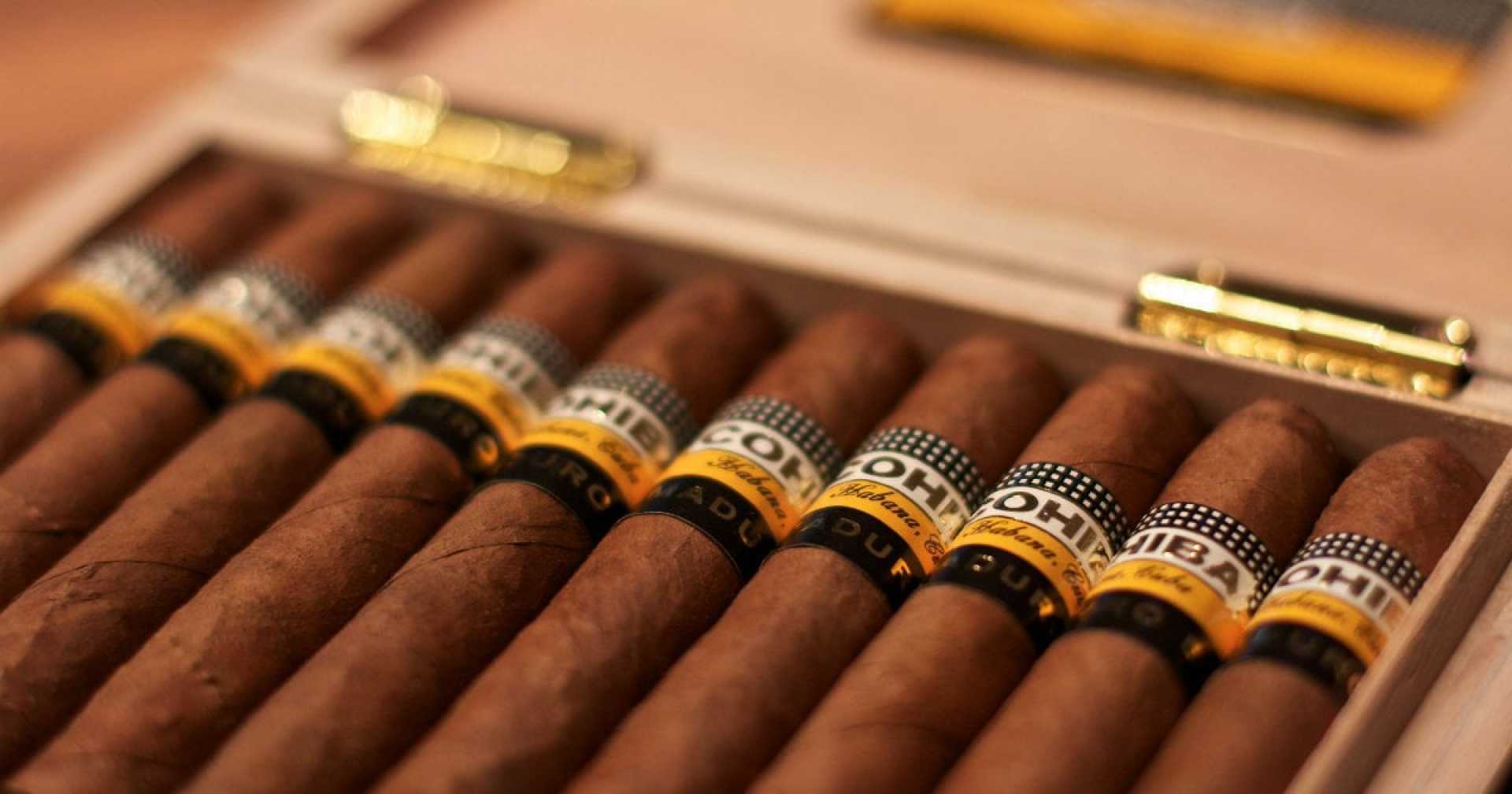News
Cuban Prisoners Forced to Produce Cigars and Charcoal in Slavery Conditions

MADRID, Spain — A new report from a Madrid-based NGO, Prisoners Defenders, estimates at least 60,000 prisoners in Cuba are subjected to forced labor producing cigars and charcoals intended for export. Published on September 15, 2025, this report claims that inmates endure exhausting conditions, threats, and violence, contributing to products sold in European markets.
The NGO attributes direct responsibility to the Cuban government, outlining a systematic forced labor system across 242 penitentiary facilities. Many of these prisoners include both common law offenders and political detainees, often facing conditions described as close to slavery.
Interviews conducted by the NGO revealed harrowing accounts from prisoners. Jorge, a former political prisoner, stated, “They force us to work from morning to night, under a scorching sun, without enough water or food.” Maria, another former inmate, described the existence as one of constant suffering, where labors in fields were devoid of dignity.
The report indicates that the forced labor often results in physical violence and harsh punishment for refusal to work. During the investigation conducted between April and August 2025, conducted with 53 inmates from a total of 90,000 incarcerated individuals, 98% reported lacking the necessary tools or training to perform their duties.
Specific details highlighted in the report point to the vast production of Habanos cigars at prisons like Quivicán, where around 40 inmates can produce upwards of 11 million cigars per year. Crucially, cigars produced under these conditions meet export quality, with destinations including the UK, Spain, and more.
Prisoners Defenders emphasizes the opaque supply chains involved, making it difficult to trace the origins of these products once they reach international markets. Javier Larrondo, president of the NGO, remarked on the challenges of identifying brands that benefit from slave labor.
Amidst ongoing international debates, calls for accountability have grown louder. The European Union has recently proposed regulations that may impact the import of products linked to forced labor, giving advocates hope for change.
As the fallout from this report continues, the NGO insists that structural transformations to the Cuban prison system must be made to align with human dignity, urging the international community to take action against the forced labor practices within Cuba.












